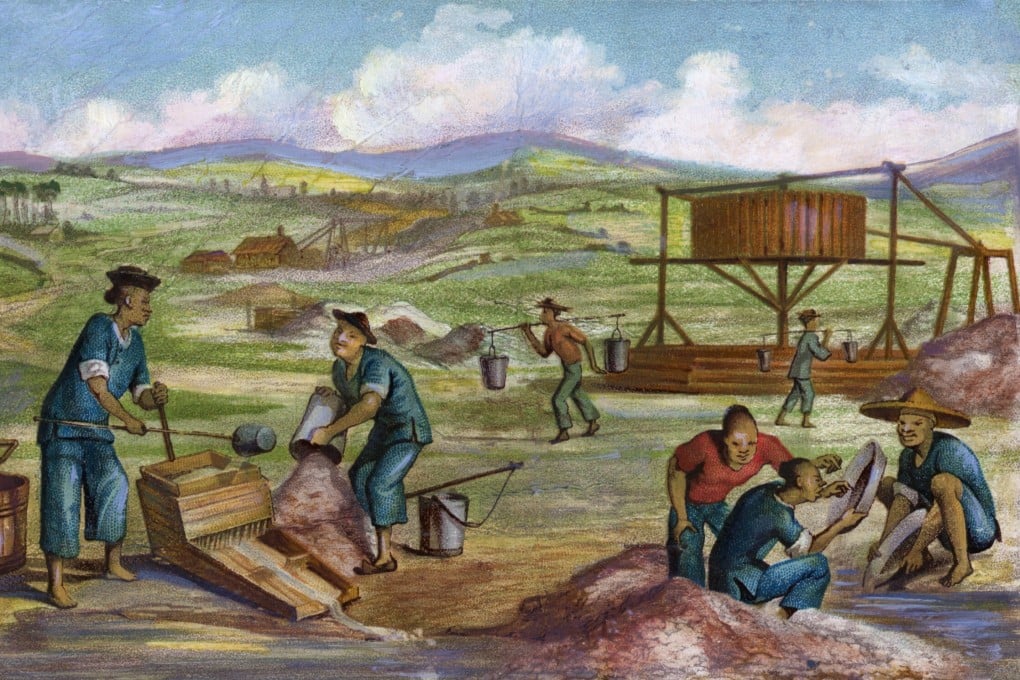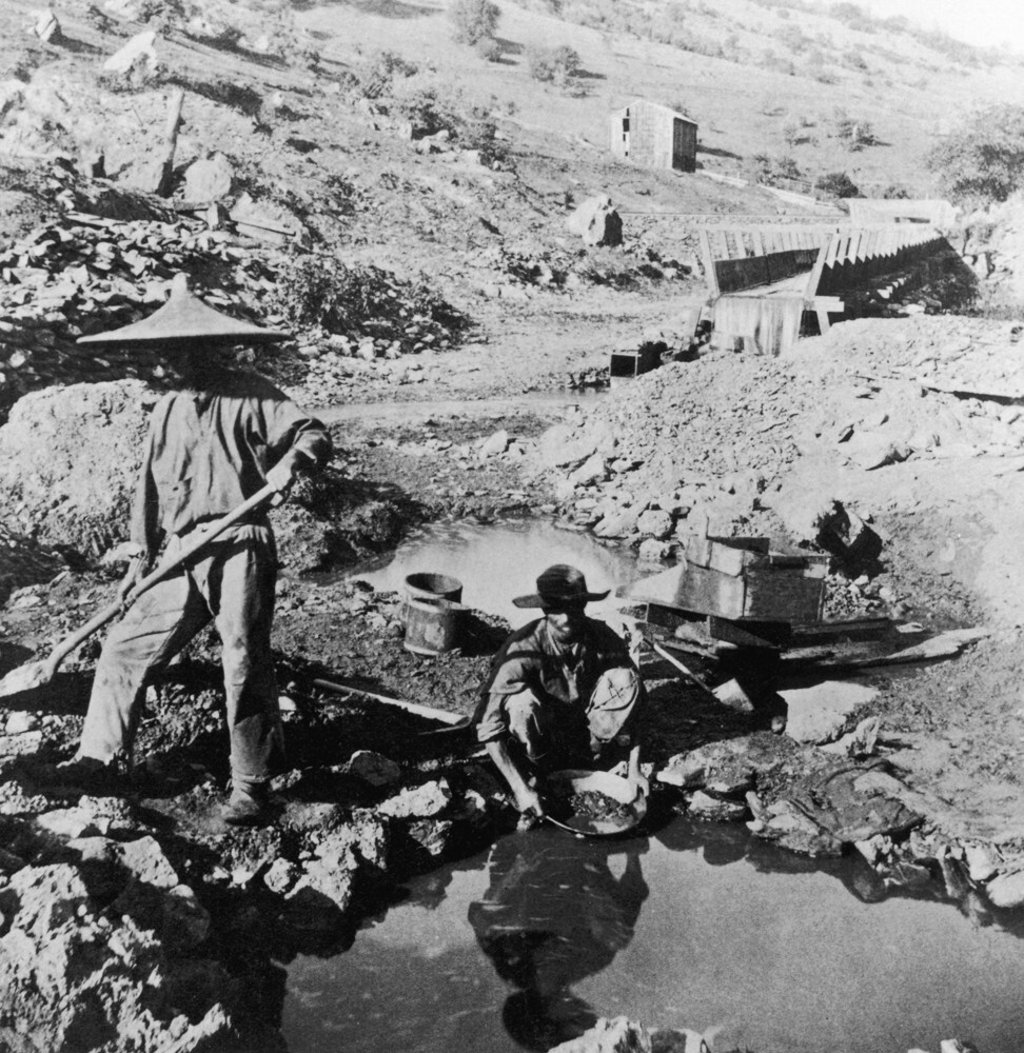Chinese workers in America and the prejudice they faced in the 1800s looking for gold and building railways: Ed Shew’s historical novel
- Chinese Brothers, American Sons, tells the epic story of two brothers from Guangdong who migrate to the US in 1854 to seek their fortune
- Initially set during the California gold rush, it’s a story of endurance, discrimination, tragedy, love and exploitation

Wild tales of gold discoveries lure Li Yu and Li Chang to embark on a life-changing journey in September 1854, leaving the poverty of their peasant agrarian life in Southern China’s Guangdong province to board a ship to San Francisco.
In this apocryphal tale, the brothers look to make money to send back home to their families and to later take home themselves. At 16 and 26 years old, they are ready for adventure.
Chinese Brothers, American Sons, by US author Ed Shew and published by Earnshaw Books, is a historical novel about the love and loyalty of the two Li brothers and their experience in an America that did not recognise them as equal. The US legal system at the time banned a Chinese person from making a legal complaint against a white one, so in the book, when one brother gets badly beaten and his gold stolen, there is no legal recourse for him to take.
“There were laws against Chinese,” says Shew from his home near St Louis, in the US state of Missouri. “A Chinese person couldn’t even testify against a white person in those days. So from what I read, the white miners could run roughshod over the Chinese, beat them up and take their claims, and sometimes even hang them and murder them, and nothing would be done.”

In his book, the Li brothers arrive in the US in November 1854 and quickly make for the goldfields they’d heard all about, the so-called golden mountain. The precious metal had been discovered in the Sierra Nevada mountain range in eastern California six years earlier, an attraction for thousands of men from Guangdong keen to seek their fortunes in the California Gold Rush.
